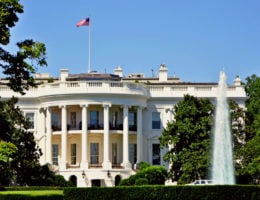On 22 March 2023, four defendants were acquitted of criminal wage-fixing and no-poach charges, resulting in yet another loss by DOJ’s Antitrust Division in its criminal pursuit of no-poach agreements.
On 19 October 2022, the US Department of Justice’s Antitrust Division announced that seven directors had resigned from their respective corporate board positions in response to concerns of interlocking directorates. This announcement followed reports that DOJ had issued letters to numerous public companies, investors, and individuals last month. The letters reportedly indicated that DOJ was examining potential interlocks and advised the targets of the risk of potential enforcement actions. DOJ’s muscular posture toward enforcement under Section 8 of the Clayton Act is only the “first in a broader review of potentially unlawful interlocking directorates.”

